Led by US, Western states pressuring African countries to sabotage Russia-Africa summit: Kremlin
The Kremlin says the US-led Western states are putting an unprecedented level of pressure on all African countries to prevent them from taking part in an upcoming Russia-Africa summit, which is scheduled to be held later this week in St. Petersburg
"Pretty much all African states have been subjected to unprecedented pressure from the United States, the French embassies have not rested and do not rest to this day, and other Western missions are trying to contribute their share to these efforts in order to prevent this summit from being held, to prevent the representation of African states at this summit," Kremlin spokesman Dmitry Peskov said during a press briefing in Moscow on Tuesday.
The second Russia-Africa Summit and Economic Forum will be held in St. Petersburg on July 27-28. The organizers describe the summit as the “highest-level and largest-scale event in Russia-Africa relations.”
The Russia-Africa Economic and Humanitarian Forum due to take place alongside it will provide a platform for business meetings and includes a program of more than 30 panel sessions and thematic events.
The organizers describe the Summit as the “highest-level and largest-scale event in Russia-Africa relations”.
Elsewhere in his remarks, Peskov said it would be important for Russia to discuss the Black Sea Grain Initiative with African countries at the summit this week.
The Kremlin says Kiev is using the grain export corridor as a cover to launch terrorist attacks against Russian targets.
"It is very important for us that different supply channels are not used by the Kiev regime for military purposes, in order to carry out terrorist attacks on our territory, and so on. We will continue countering this," Peskov said.
The deal was brokered last year by Turkey and the United Nations, expired earlier this month, and was aimed at helping prevent a global food crisis by allowing grain blocked by the conflict in Ukraine to be safely exported.
Russian President Vladimir Putin gave assurance to African nations that Moscow would replace exports of Ukrainian grain to the continent.
Russia refused to extend the year-old agreement last week on the grounds that it failed to meet Moscow’s expectations, including the ability to export its own food and fertilizers.
Moscow said it will not extend the deal as long as obstacles to Russian food and fertilizer exports under the accord were not fulfilled.
Expansion of Russian influence in Africa
The war in Ukraine has highlighted the growing diversification in the partnerships of countries in the Middle East and Africa with global powers.
Over the past decade, Russia and China, in particular, have consolidated their relations with African states in a number of domains, from trade to energy and military cooperation.
With ties forged under Soviet rule, Russia has historically enjoyed warm relations with many African countries, as their economic and ideological ambitions often align and their ties are bolstered by a mutual mistrust of the West.
US imposes ‘terrorist-grade sanctions’ on UN expert, ICC judges amid Gaza accountability drive
VIDEO | Press TV's news headlines
Senior Russian general shot and wounded in Moscow: Officials
UK ordered in 'milestone' court ruling to pay $570 million for colonial-era massacre
VIDEO | Defying the rubble, Gaza opens its first face-to-face school since start of war
‘Ready for next round’: Million-man rally in Yemen backs Gaza, resistance
FM Araghchi departs Muscat for Doha following nuclear talks with US
Israeli keeps killing more Palestinian civilians in Gaza amid relentless ceasefire violations


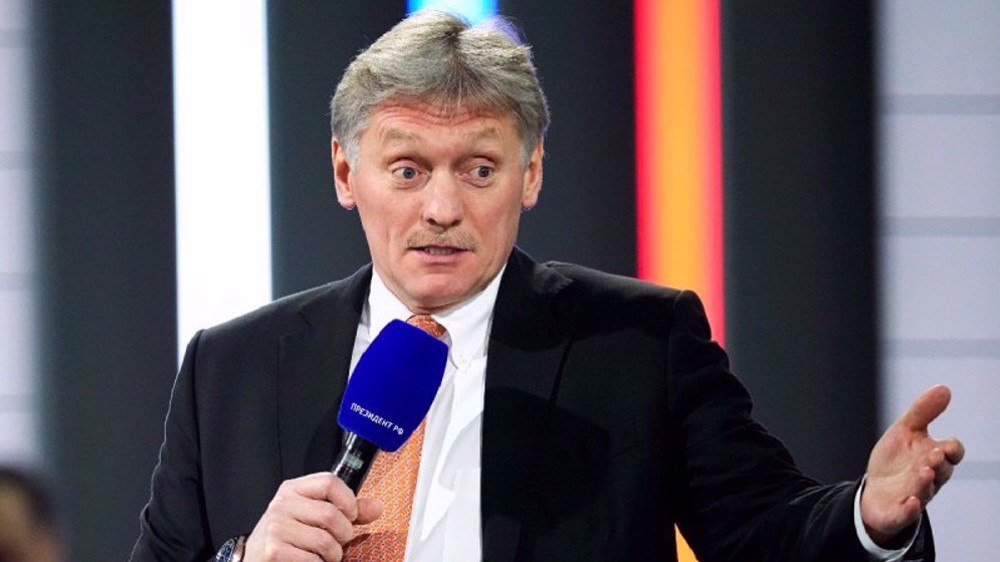
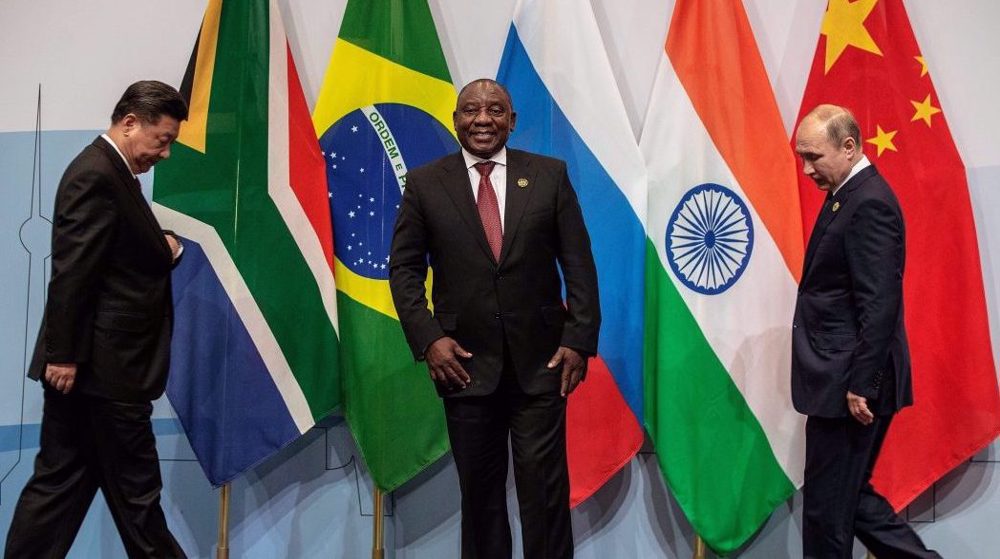
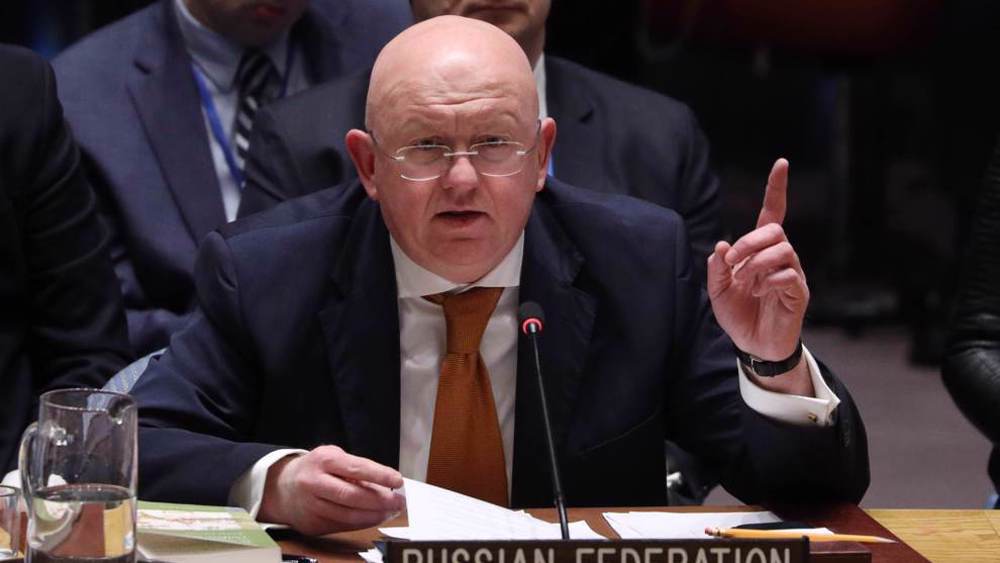
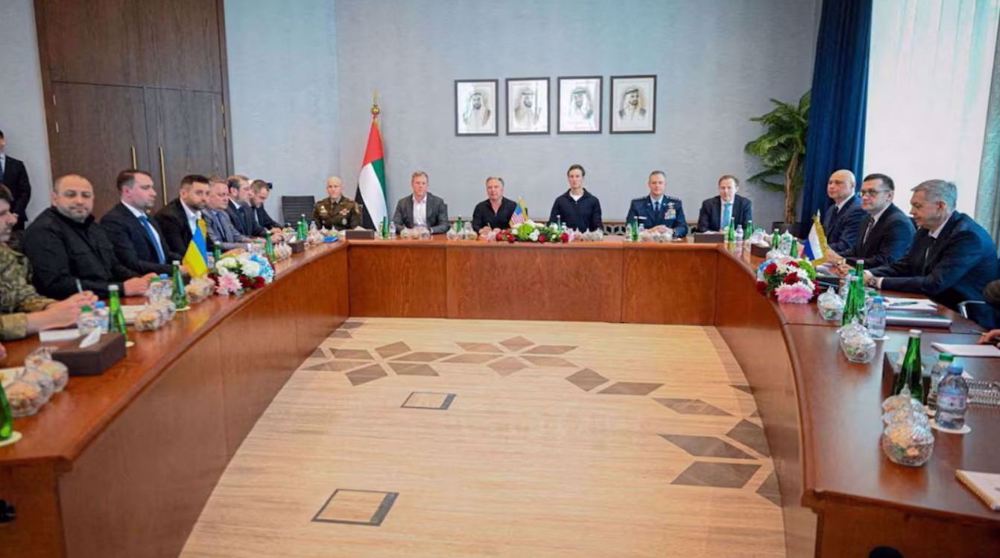
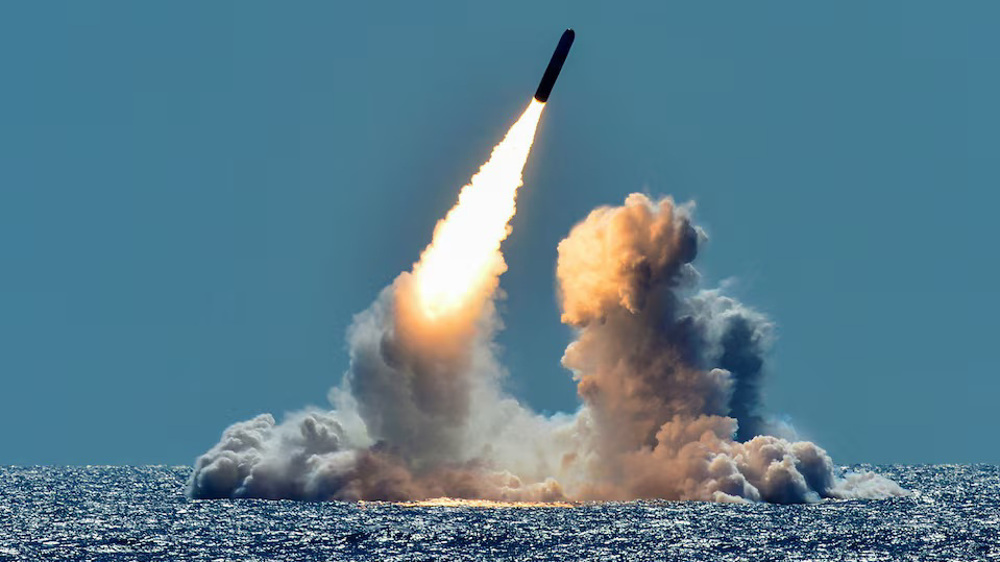



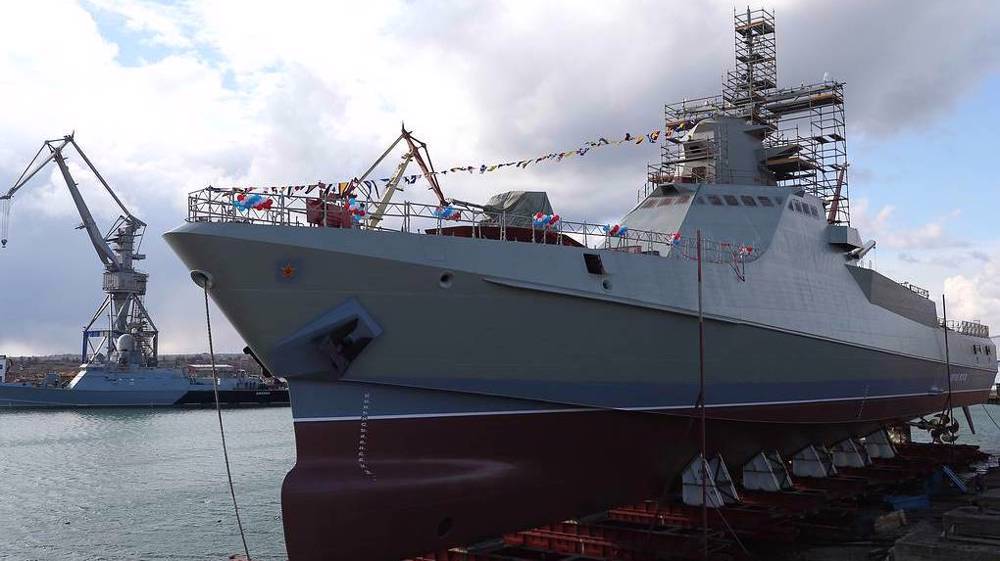
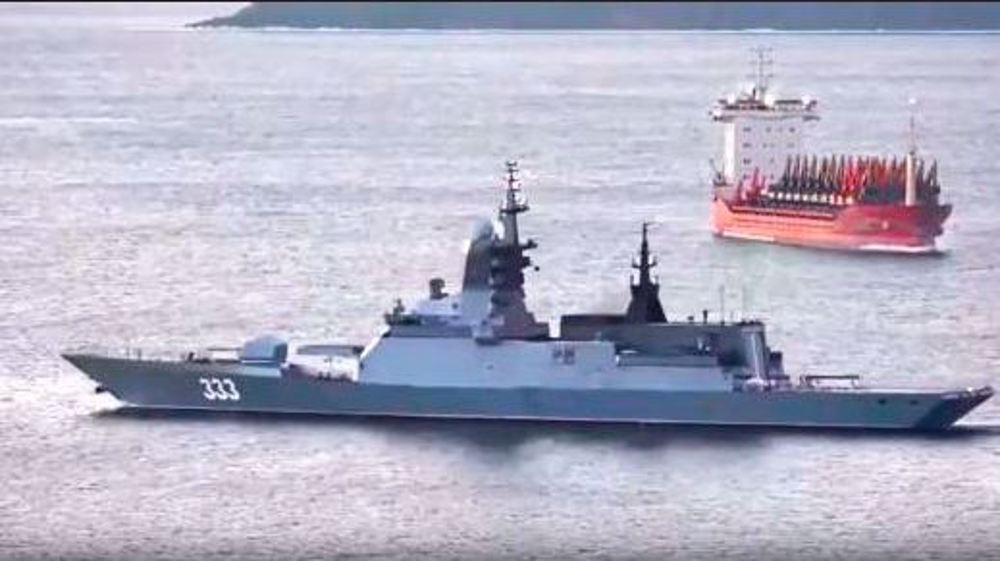

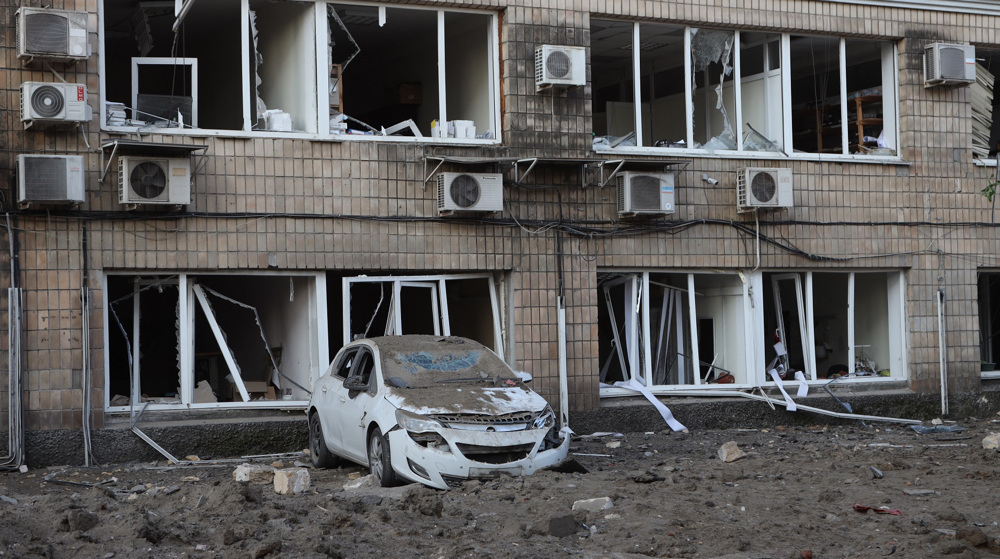
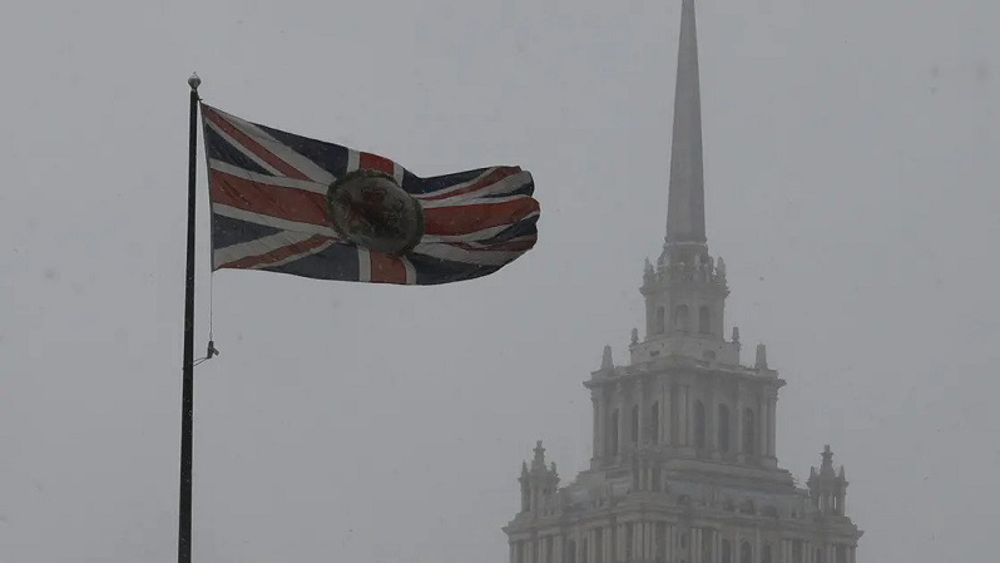
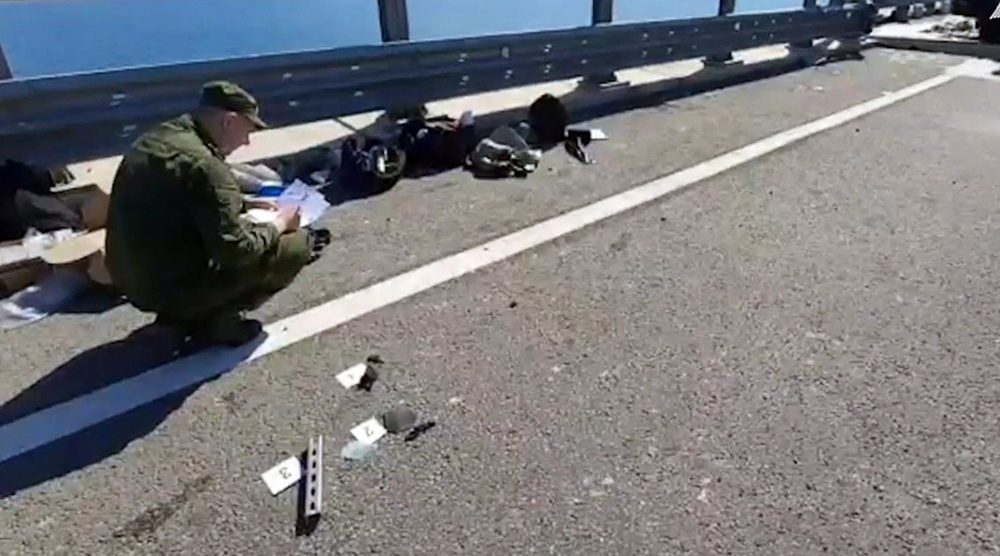

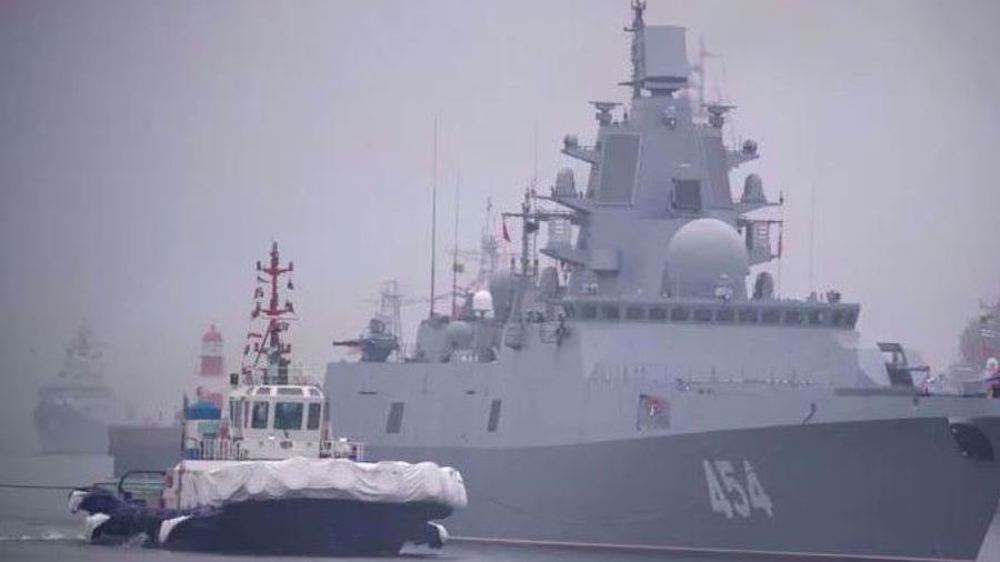
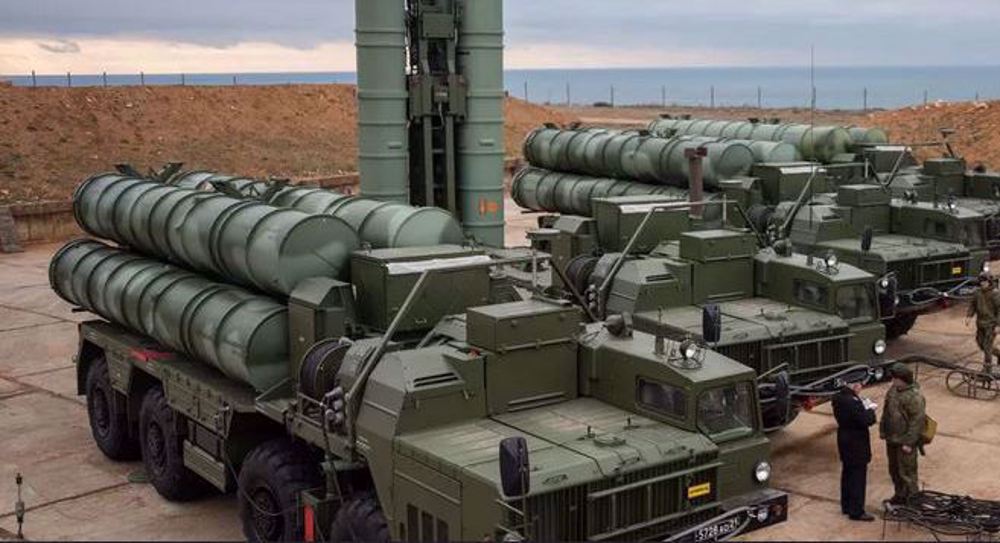

 This makes it easy to access the Press TV website
This makes it easy to access the Press TV website